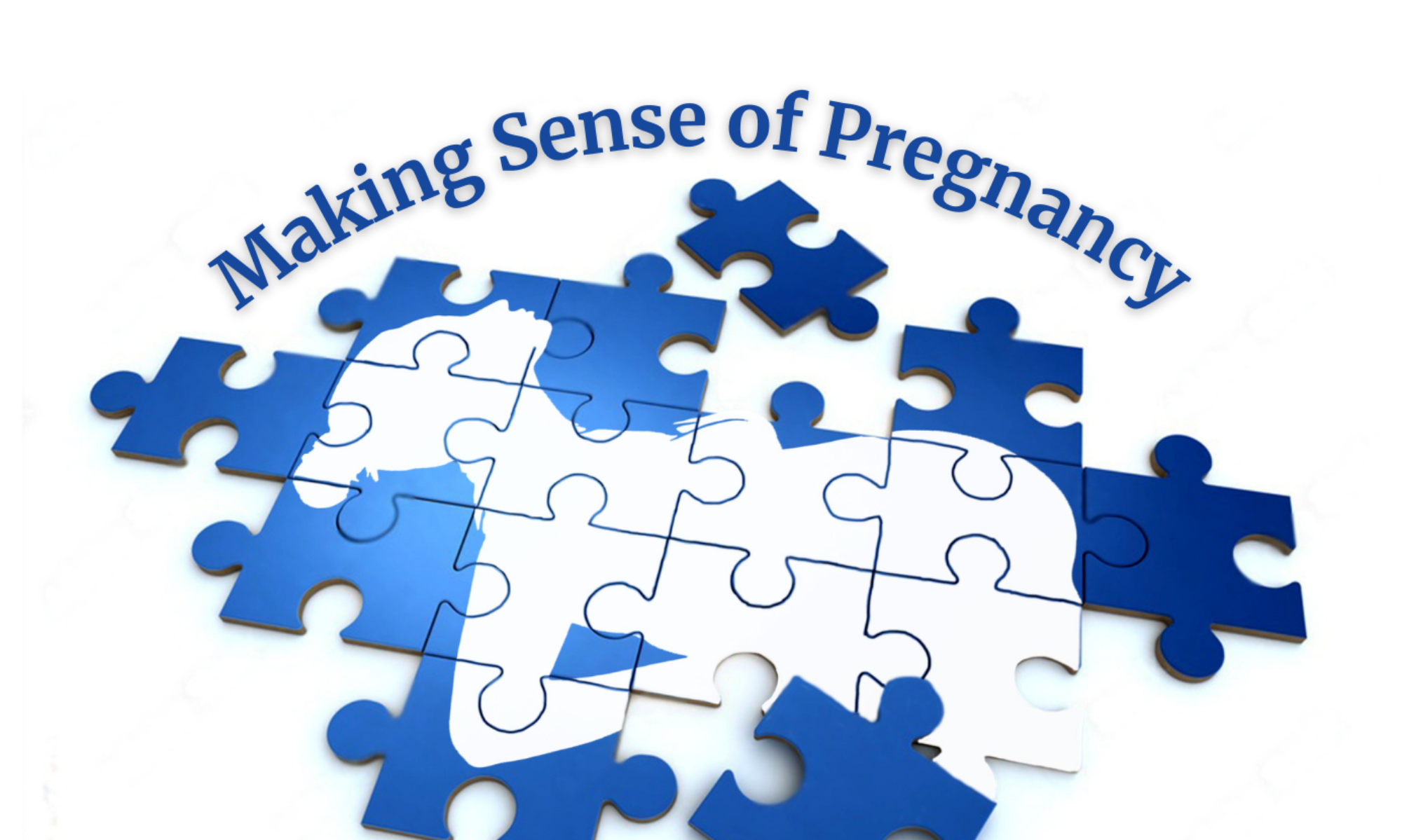Monitoring contractions in labor hasn’t changed in 50 years–the most often used tool, the tocodynamometer, uses an indirect, one dimensional view of uterine activity in labor.
Dr. Wang talks about applying the tech used in cardiology to the uterus, to create a three dimensional way to non invasively measure electricity as it travels through the smooth muscle of the uterus, creating contractions. His lab is working on the tech that would allow us to distinguish, and potentially arrest preterm labor, to potentially jump start arrested labor, and to create a uterine measure of labor stages (which could be used in conjunction with cervical checks).
Understanding how the uterus works and the wearable technology that this work promises gives a sense of how complicated the uterus is when contractions feel fierce or labor stalls. It may also have applications that ease period cramps and monitor and potentially “turn off” endometriosis.
Wang Lab: https://reproductivesciences.wustl.edu/laboratories/wang-lab/
Dr. Wang’s publications: https://www.ncbi.nlm.nih.gov/sites/myncbi/1Tux87w_RnEkl/bibliography/47687944/public/?sort=date&direction=ascending
